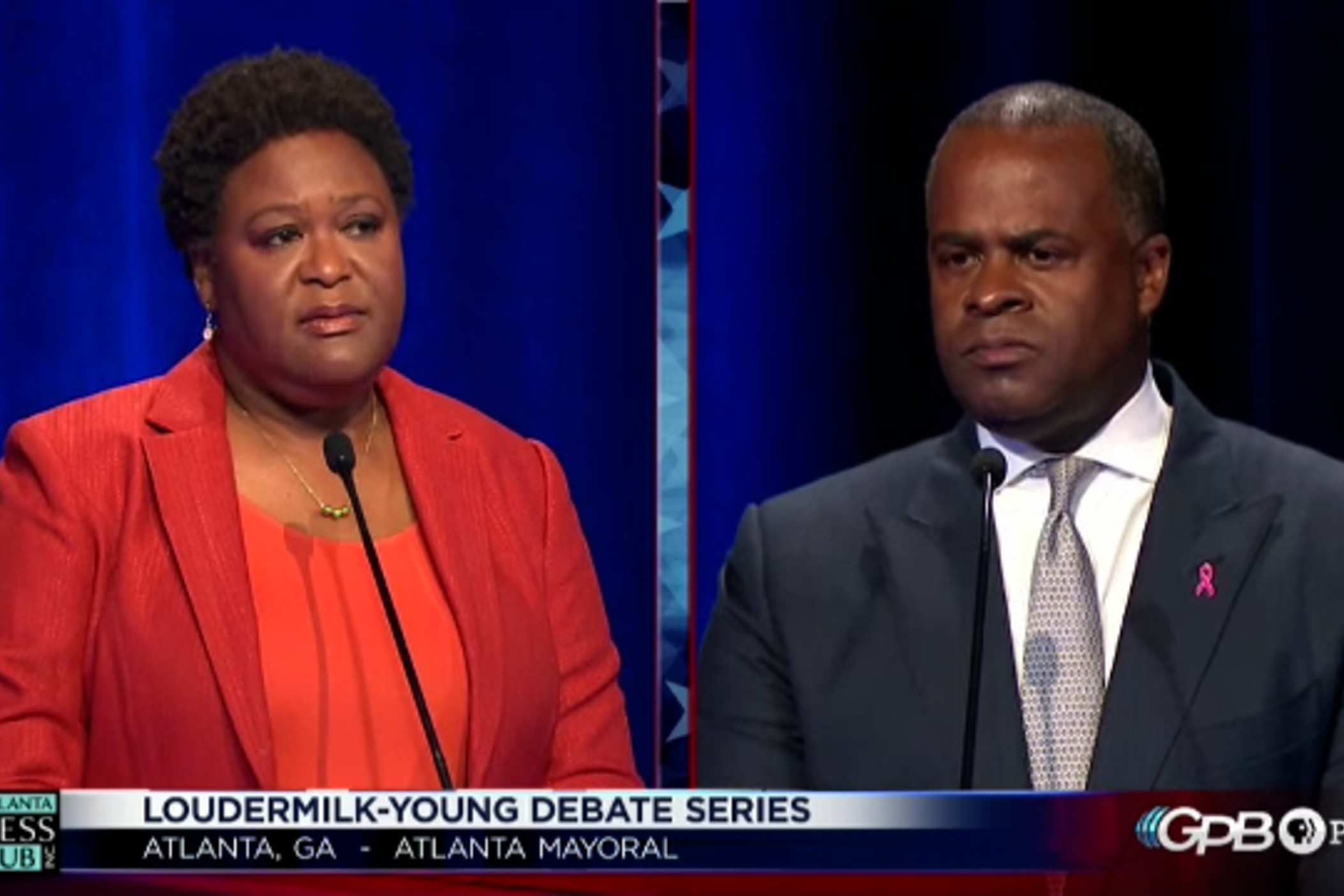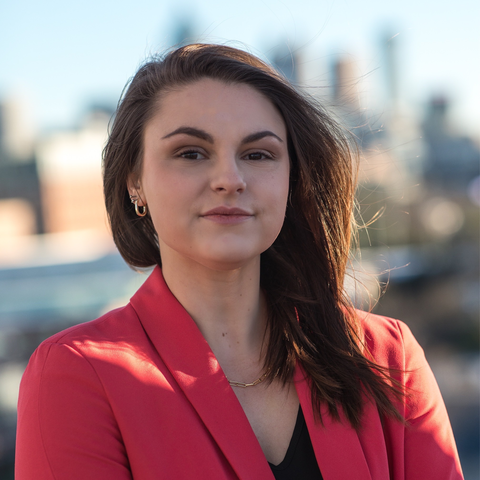Section Branding
Header Content
Front-runners take hits during tense Atlanta mayoral candidate debate
Primary Content
Top contenders in the crowded race for Atlanta’s mayoral seat had their political records targeted during a heated debate Tuesday.
Georgia Public Broadcasting, in collaboration with the Atlanta Press Club, hosted a series of debates throughout the day for the city’s municipal races on the first day voters took to polls for early voting.
Mayor Keisha Lance Bottoms’ announcement that she would not run for reelection sparked the candidacy of more than a dozen candidates for the coveted political position.
The high-profile Democrat cited the difficulties of navigating the city through the pandemic and mass protests last year ignited by police killings across the country.
The next leader of Georgia’s largest city will play a crucial role in charting its path forward. But Tuesday night, it was candidates’ political pasts that took center stage.
Current City Council President Felicia Moore and former Atlanta Mayor Kasim Reed have dominated the field and are expected to likely face each other again in a runoff. Other leading candidates include City Councilmen Antonio Brown and Andre Dickens, attorney Sharon Gay and Buckhead businesswoman Rebecca King.
But the outcome is far from set in stone. Multiple polls over the past two months indicate that nearly one-third of Atlanta residents are undecided.
That large chunk of uncertain voters made the stakes of Tuesday’s debate even higher.
Moore targeted Reed’s history of shaky ethics and transparency during his years leading the city.
“You headed the most corrupt administration in Atlanta history," Moore said. "People jailed, indicted, awaiting trial. $30 million and counting for (Department of Justice) responses, and it keeps going. The tone is set from the top; criminals like your melody. Why should Atlanta voters believe that you are singing a different tune?”
Reed held office from 2010 to 2018 and has been the subject of an extensive federal investigation that has charged multiple members of his administration with bribery or fraud.
Still, he pushed back against allegations of wrongdoing and noted that he is not under investigation.
“The bottom line is I never dishonored my office and I kept my word to the people of Atlanta,” he said. “I am here because Atlanta is in a crisis that occurred under your watch.”
Reed and other candidates referenced the rise in violent crime under Moore’s time serving as city council president. King pointed to growing calls from Buckhead residents to secede from the city of Atlanta as proof of Moore’s strained leadership.
Moore leaned heavily on her legislative track record to bolster her case.
“We want to make sure that we have a city government that we can all be proud of,” she said. “And with the tough decisions that we have before us, we need to be able to trust those who are in power.”
But voters have a dim view of the city’s future and the rise in violent crime in Atlanta has sparked the new issue of Buckhead secession.
Critics of the idea suspect Atlanta’s economy would suffer a substantial blow from losing the area.
King, a Buckhead businesswoman, said that Buckhead’s secession wouldn’t address the root problems.
“We need to have a plan to come together in terms of fighting crime and homelessness," King said. "If we leave the city of Atlanta, we're not solving anything. We're not. Crime is not going to stop at an intersection. We need to tackle this head on.”
Before the leading candidates in the race battled it out on stage, lower polling candidates also participated in a debate where they argued that they could be a better choice than more popular contenders.
“I think it’s fantastic that the voters get an opportunity to hear from all of us — hear all of our ideas and all of our platforms — and hear the passion that we have,” said consultant and candidate Mark Hammad. “And know that there are other candidates out there aside from the top five to vote for.”
The full video of the front-runners' debate can be found here. Video of the lower polling candidates’ debate can be found here.


